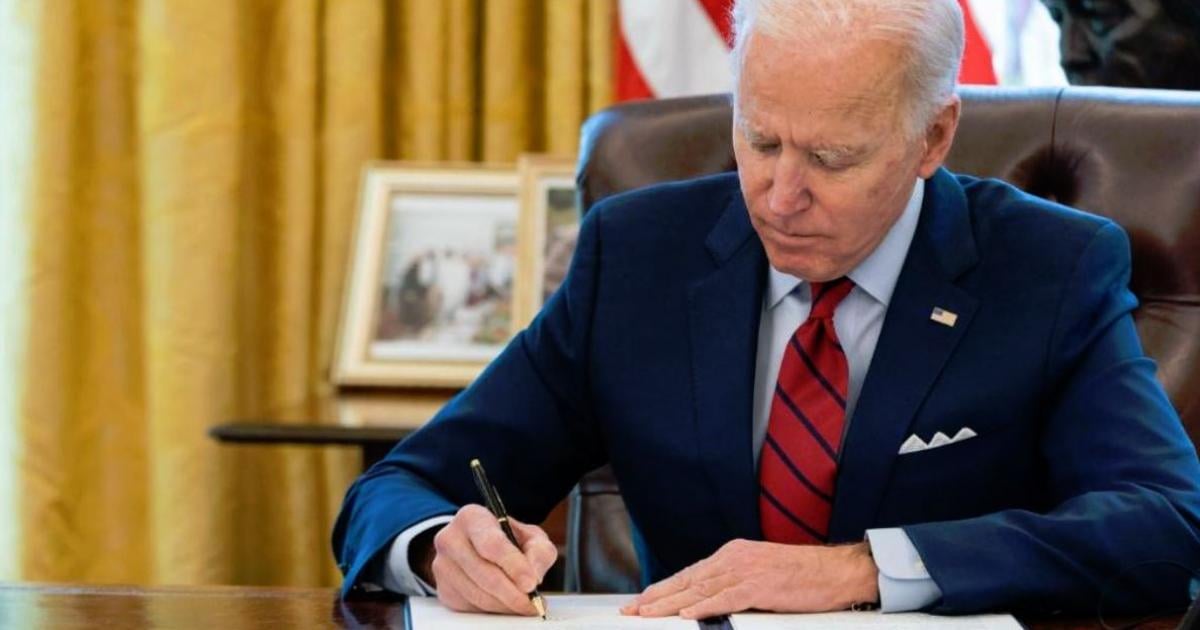President Joe Biden has signed the extension of the United States' economic embargo on Cuba through 2025, continuing a practice upheld by both Republican and Democratic administrations for over six decades.
The White House issued an official memorandum on September 13, one day before the law was set to expire, stating, "The exercise of certain authorities under the Trading With the Enemy Act is scheduled to expire on September 14, 2024. I hereby determine that the continuation of the exercise of those authorities with respect to Cuba for 1 year is in the national interest of the United States."
"Therefore, under the authority vested in me by section 101(b) of Public Law 95-223, I continue for 1 year, until September 14, 2025, the exercise of those authorities with respect to Cuba, as implemented by the Cuban Assets Control Regulations, 31 CFR part 515," reads the document signed by Biden and sent to the Secretary of the Treasury.
With this renewal, the Cuban regime will have to wait until September 14, 2025, to see if there will be any changes to these policies, which have been repeatedly rejected by the island's government for decades without any modifications being granted so far.
The embargo, which began partially in October 1960 in response to the nationalization of American businesses in Cuba, was expanded to its full form in February 1962. Since then, its renewal has been a formal procedure carried out annually by 13 U.S. administrations.
The extension of the embargo continues to generate controversy both in Cuba and internationally. Many argue that this policy has aggravated the economic difficulties faced by the Cuban population, while the regime has used it to justify its own failures and inefficiencies.
Frequently Asked Questions About the U.S. Embargo on Cuba
In this section, we address some common questions regarding the U.S. embargo on Cuba, its implications, and the recent extension signed by President Biden.
Why did President Biden extend the embargo on Cuba?
President Biden extended the embargo as it is considered to be in the national interest of the United States, continuing a longstanding practice upheld by both Republican and Democratic administrations.
When will the current extension of the embargo expire?
The current extension of the embargo will expire on September 14, 2025.
What is the historical context of the U.S. embargo on Cuba?
The U.S. embargo on Cuba began partially in October 1960 in response to the nationalization of American businesses in Cuba, and it was expanded to its full form in February 1962. It has been renewed annually by U.S. administrations since then.
